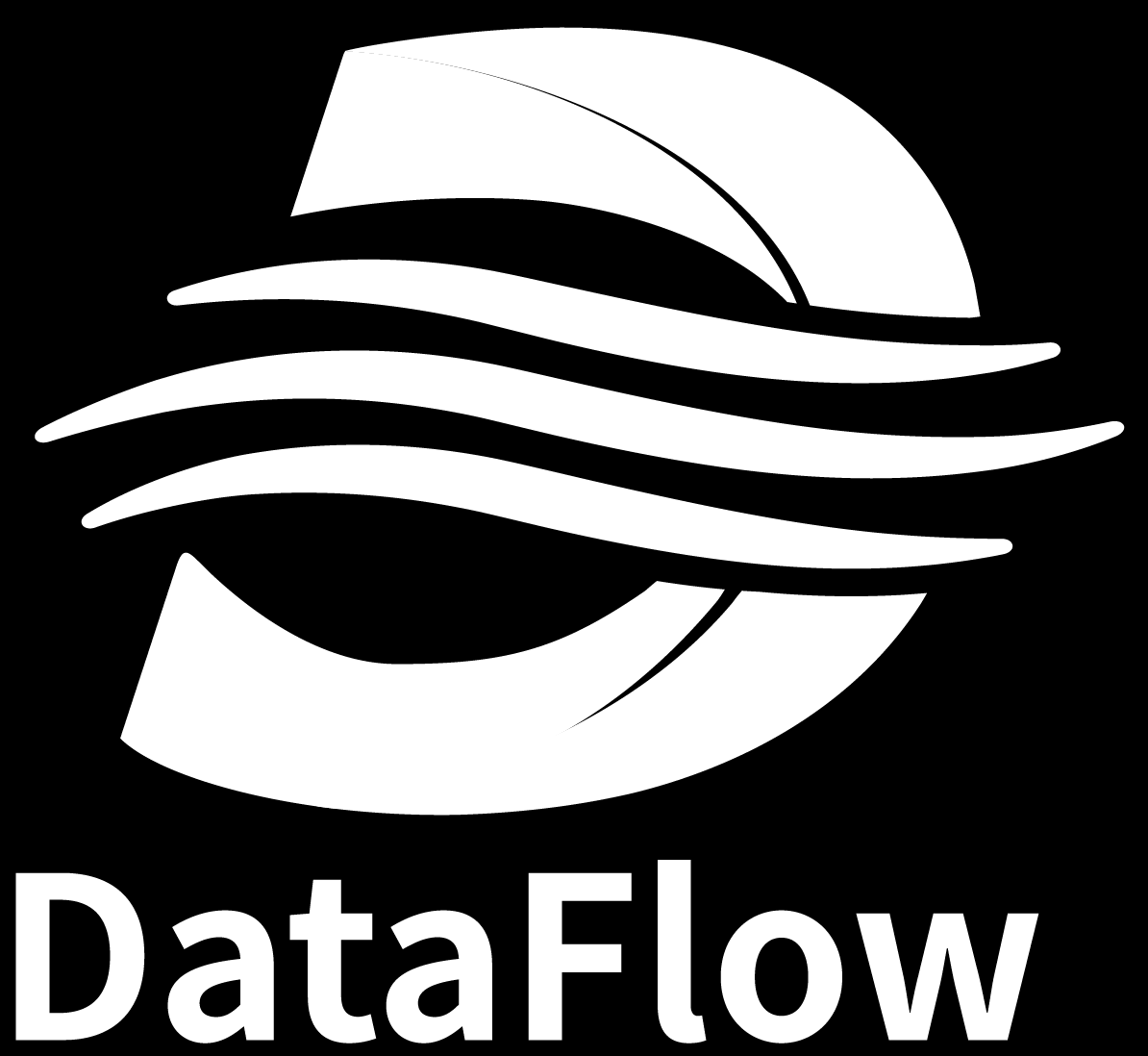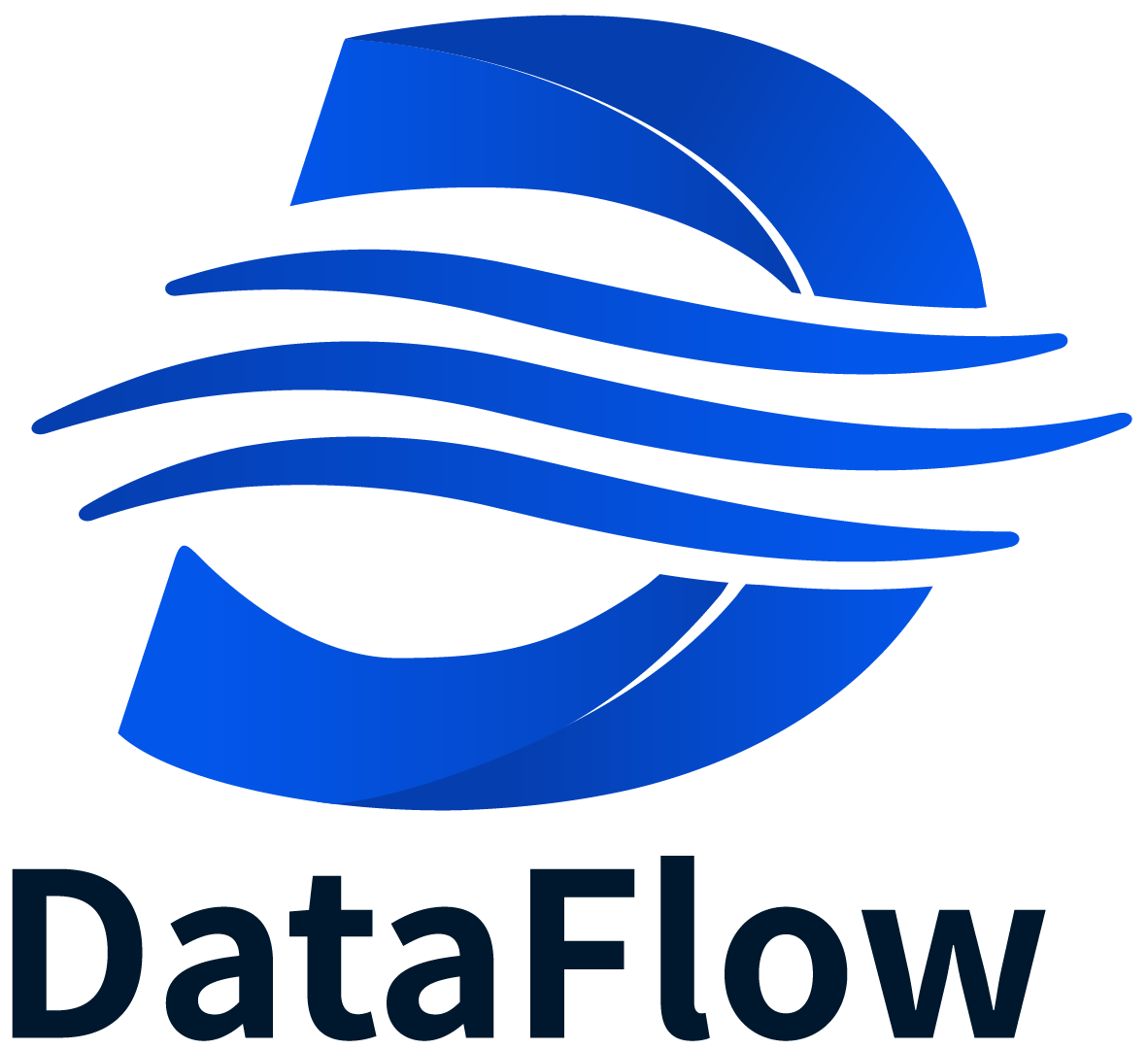Agent-Data Governance
About 488 wordsAbout 2 min
2025-06-17
1. Project Overview
DataFlow-Agent is an intelligent Agent framework built around "data flow / workflow", with the following goals:
- Decompose complex natural language tasks into a series of composable Node / Tool / Workflow components;
- Through a unified
BaseAgentabstraction and multiple execution modes (Simple / ReAct / Graph / VLM), enable Agents to execute tasks stably in different scenarios; - Support upper-layer Gradio frontend, pipeline orchestration, graph-based workflows, and other usage methods.
The overall architecture is organized around the following core layers:
- Agent Layer (
dataflow_agent.agentroles): Specific intelligent roles, such asClassifier,PipelineBuilder,Writer,Recommender, etc. Each role is a subclass ofBaseAgent. - Execution Core Layer (
dataflow_agent.agentroles.cores): Unified Agent configuration and execution strategies (configs.py+strategies.py), providing Simple / ReAct / Graph / VLM execution modes for Agents. - LLM & Parser Layer (
dataflow_agent.llm_callers,dataflow_agent.parsers): Abstracts differences in specific models and return formats, supports text and multimodal (vision-language) calls, and parses LLM outputs through unified parsers. - Tool & Workflow Layer (
dataflow_agent.toolkits,dataflow_agent.workflow): Defines various tools and pipeline workflows, decomposing complex tasks into reusable components. - State & Prompt Layer (
dataflow_agent.state,dataflow_agent.promptstemplates): Unified request/intermediate state representation, generates system prompts and task prompts through templated prompts, and manages conversation history.
2. Architecture Design Principles
1. Modular Design
- Separation of Concerns: Each component focuses on a single responsibility, such as Agent for task execution and State for state management
- Plugin Architecture: Supports plugin-style registration and dynamic loading of Agents, Workflows, and Tools
- Interface Abstraction: Defines standard interfaces through abstract base classes to ensure loose coupling between components
2. State-Driven
- Unified State Management: All processes are based on state objects for data transfer and state maintenance
- Type Safety: Uses dataclass and type annotations to ensure type safety of state data
- Task-Specific States: Provides specialized state class extensions for different task types
3. Strategy Pattern
- Execution Strategy Abstraction: Supports multiple execution modes (Simple, ReAct, Graph, VLM)
- Strategy Factory: Dynamically creates and switches execution strategies
- Configuration-Driven: Controls strategy behavior through configuration objects
4. Extensibility
- Decorator Registration: Simplifies component registration process using decorators
- Auto-Discovery: Implements automatic component registration through
__init_subclass__ - Template System: Provides code generation templates to simplify new component development
3. Agent System (agentroles/)
BaseAgent Core Architecture
class BaseAgent(ABC):
# Automatic registration mechanism
def __init_subclass__(cls, **kwargs):
# Automatically register to AgentRegistry
pass
# Strategy pattern support
def __init__(self, execution_config: Optional[Any] = None):
if execution_config:
self._execution_strategy = StrategyFactory.create(
execution_config.mode.value, self, execution_config
)Execution Mode Support
- Simple Mode: Single LLM call, simple and direct
- ReAct Mode: Loop execution with validation, ensures output quality
- Graph Mode: Subgraph + tool calls, supports complex interactions
- VLM Mode: Specialized processing for vision-language models
Agent-as-Tool Functionality
- Tool Wrapping: Wraps Agent as callable tool
- Parameter Mapping: Automatically handles mapping from tool parameters to Agent parameters
- Result Extraction: Extracts tool execution results from state

